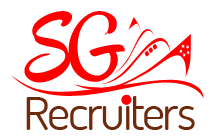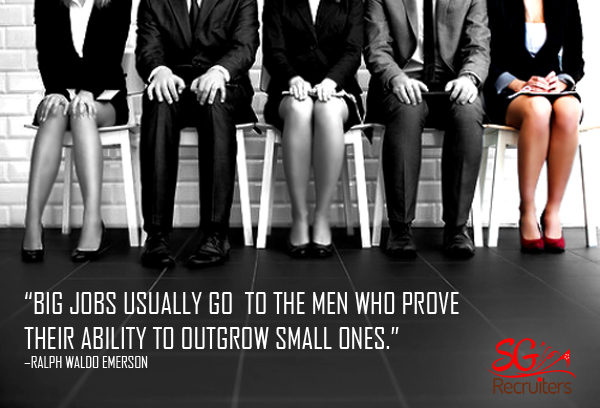Job Interview Tips
Make a Practice Trip. One aspect that is sometimes overlooked is the practice trip to the interview site. It can help to gauge the time needed to arrive at the venue and familiarize yourself with the facility and any security procedures you may encounter. You might also be able to pick up an annual report, marketing materials or even a copy of the application form so that you can complete it at home prior to the job interview.
Manage pre-Interview Stress. This is something that most people experience, so be sure to take good care of yourself a few days before the interview. “Play” the interview out in your mind as you would like it to happen, and also use relaxation techniques to calm yourself.
Dress for the Occasions. Be appropriately dressed for your interview, bearing in mind the organization’s culture, as well as the position for which you are interviewing. Ensure that your outfit for job interview reflects the image you would like to portray to the interviewer. Choose your clothes the day before the interview to avoid more stress on the day itself.
Practice your delivery. Consider practicing alone, in front of a mirror or in the presence of a friend. The important thing is to have a “dry run” both verbally and visually, before the actual interview. This enables you to improve on aspects that you – or the people giving feedback are not satisfied.
Most common interview questions and their suggested responses:
Prepare your responses. One way to help minimize interview stress is to be prepared to field some of the more common questions that interviewers like to ask and practice your job interview responses.
Tell me about yourself. Prepare a short summary of your education, personal strengths, hobbies, work history and recent career experience.
What do you know about our organization? Research thoroughly the company’s products, services, reputation, culture, missions and goals. While your answer should show that you have researched the company, do not overwhelm the interviewer with your encyclopaedic knowledge of the organization.
Why do you want to work for us? Your answer should reflect your desire to contribute to the company and grow as a professional in a job that matches your skills, abilities and experience.
Why are you leaving your present position? This question must be answered briefly but positively. You should say that you are looking for new challenges rather than lamenting on the negatives of previous positions.
Why should we hire you? Talk about your record of getting things done in areas which relate directly to the most pressing needs in the department and organisation. Cite specific examples of accomplishment from your resume. If you have a special skills that truly sets you apart from others, now is the time to mention it.
What do you look for in a job? The interviewer wants to know if there is a good fit between your skills and interests and the job. Your answer should be made with this job in mind.
Describe a time when you had to make a difficult decision. What were the results of that decision? To answer this question, choose a decision that was indeed difficult and challenging. Also, be sure it is one that turned out reasonably well.
Where do you see yourself in 5 years? It is best to start by saying that your immediate goal is to perform excellently in the position at hand, and that you hope to be able to grow as you prove yourself and as opportunities open up in the organisation. You might then ask the interviewer: “What kind of career path would be realistic for someone who performs well in this position?” An interview is really an exchange of information between you and the potential employer. It is conversation during which you both have the opportunity to learn more about each other. You never get a second chance to make a first impression, so keep this in mind during the process. If you have done all the preparation and hard work to get the interview, then you should walk into the meeting room with the confidence that you are the right person for the job.
Tips on how to market yourself to advantage during interview:
Be enthusiastic. Convey an approach appropriate amount of enthusiasm, warmth and sincerity – you want your interviewer to know that you want the job. Be positive, avoid negative topics and don’t vent hostility. Remember to smile.
Don’t fidget. Try to relax. No matter how nervous you are, do not clench your fists. Avoid fidgeting, scratching, playing with objects such as pen or jiggling the change in your pocket. You want to appear calm and professional.
Speak Clearly. Don’t mumble or drop your voice to a whisper towards the end of your sentences. Modulate your voice pitch – monotone answers will give the impression that you have over-rehearsed your answers or, worse, make you sound dull and uninteresting. Also, try to avoid slang and colloquialisms such as “you know”
Communicate effectively. Mirror the style and pace of your interviewer. Answer forthrightly and stop when you have answered the job interview question. Do not over-elaborate with details or anecdotes, and try to ramble or interrupt. If you do not know something, say so. Clarify a question if you do not understand it. Listen before you talk and think before you speak. Show how your strengths and aspirations align with the company’s goals, drawing on your research into the company or specific elements of its mission statement or business plan. This tactic will help the interviewer identify your fit with the organisation culture.
Job Interview Tips,
